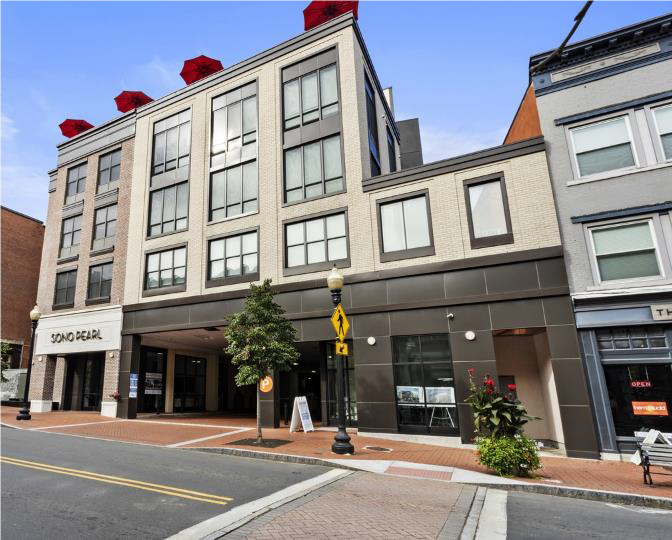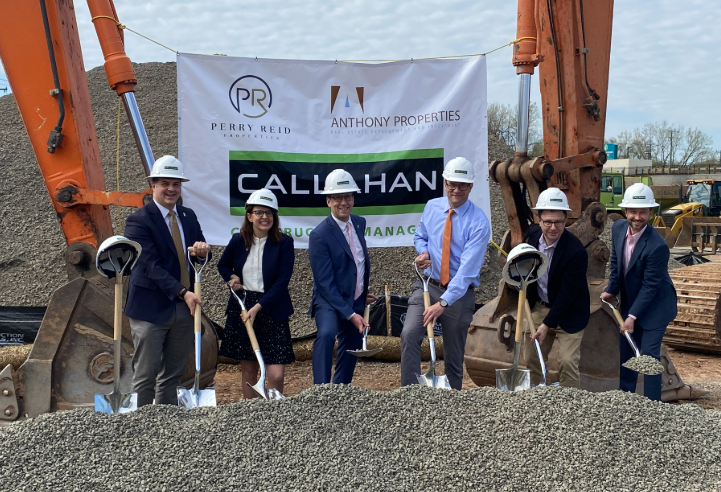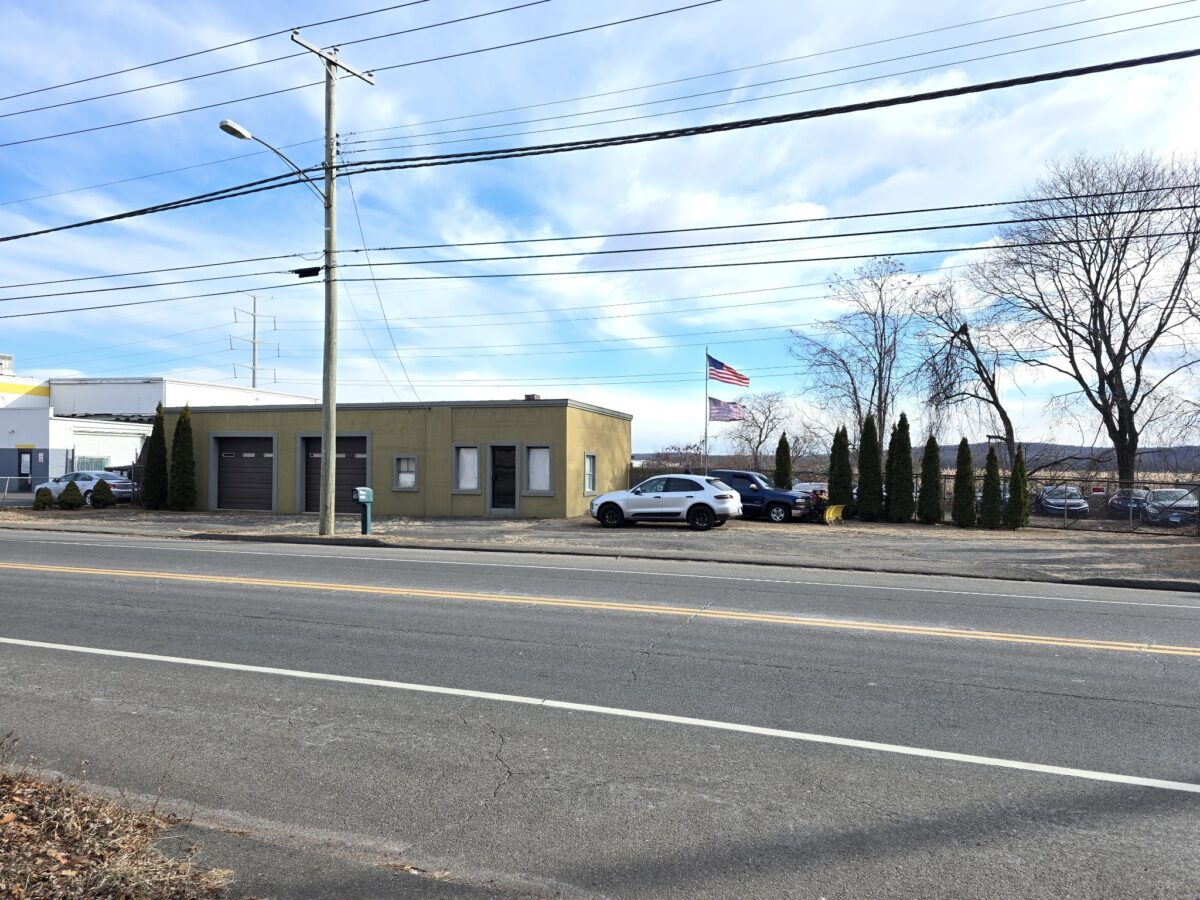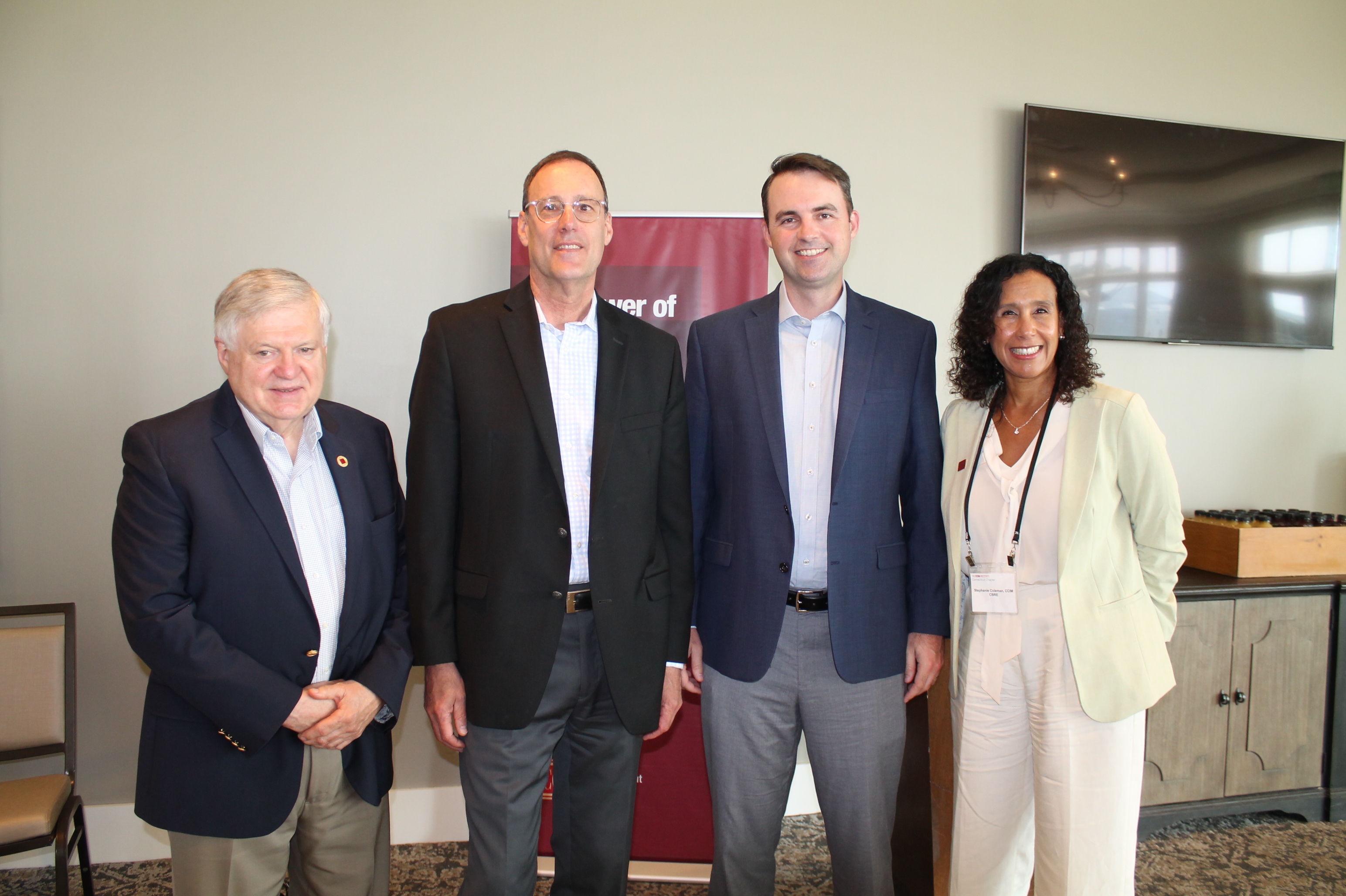News: Connecticut
Posted: August 18, 2009
Linking adaptive reuse of real estate to our professional careers
We all must continually reinvent or undertake adaptive reuse studies of our professional lives. The lack of financing for new projects has brought much of the real estate profession to a halt. The closer your business is related to Wall Street, the more likely the impact will be damaging. Long term and talented colleagues, many once a steady source of business, are now asking to meet to discuss their career options as they have either lost jobs or are suffering from dramatically reduced income. One friend described the entire industry, "as if someone had hit the mute button.
With a nod to both challenged buildings and challenged careers, here is a suggested methodology for a successful transformation.
1. Meet with the principals and key decision makers to establish the goals. At the outset of any engagement, we encourage clients to develop and record their key goals. When the time comes for tough decisions, objectives and desired outcomes serve to keep everyone on track in a non-emotional manner.
2. Research all pertinent data. Many municipalities have engaged consultants over the past several years, and their reports can be a springboard for additional work, implementation or other actions.
3. Tour the market and understand the context of the asset in the community. Plans are not written in the abstract. The team needs to spend time understanding the unique aspects of the project, its attributes and obstacles for success.
4. Conduct in-depth information interviews and focus groups. The people in the community have more information than you do; it needs to be aggregated and organized. Clients will live with the result of your study, so there needs to be an inclusive process in order to secure buy-in for the final recommendation
5. Do competitive and demographic analysis. This establishes a base line for understanding the strengths and weaknesses of the market
6. Look to all possible alternatives, even if they are "far out" or stretch the imagination. Creative and innovative solutions will be the hallmark of successful adaptive process. New answers are required for old questions.
7. Analyze the market demand and the ability of the alternatives to be financed. We all recognize that the market "rules" and though the economy is struggling it will improve. Use this time to position for the future. Some competition will drop out entirely or fail to keep up in the race.
8. Determine what grants and economic incentives may be available to fund the project. Public infrastructure and government are growing and enormous funding is being made available from the federal government. Some of this could serve your career and your clients.
9. Prepare the report in draft form for review and final comments before the final presentation. Again, an ongoing and inclusive process will be more successful than delivery of recommendations as a "fait accompli". In fact it expedites achieving the desired goals.
How does this relate to ensuring that your professional skills keep pace with the speed of change in our industry and economy? There is much for us to learn personally from the adaptive reuse of real estate. We all need to establish clear goals, keep current with market conditions, understand and be able to express personal strengths, network with associates, understand the competition, widen the range of alternatives, complete demand studies, and determine the economic resources to achieve a goal. A clear message being delivered by the current economy is that the velocity of change is accelerating and only the nimble and flexible real estate practitioner will continue to flourish.
We're all in this together. So we hope that lessons from the transformation of obsolete buildings will help those that are evaluating and evolving their careers
Maura Cochran, CRE, SIOR is with Bartram & Cochran, Hartford, Conn.
Tags:
Connecticut
MORE FROM Connecticut
Highcap Group brokers $41.1 million sale of two building multifamily portfolio
Norwalk, CT Highcap Group has completed the sale of two luxury multifamily properties with a total of 120 units for a combined purchase price of $41.4 million.








